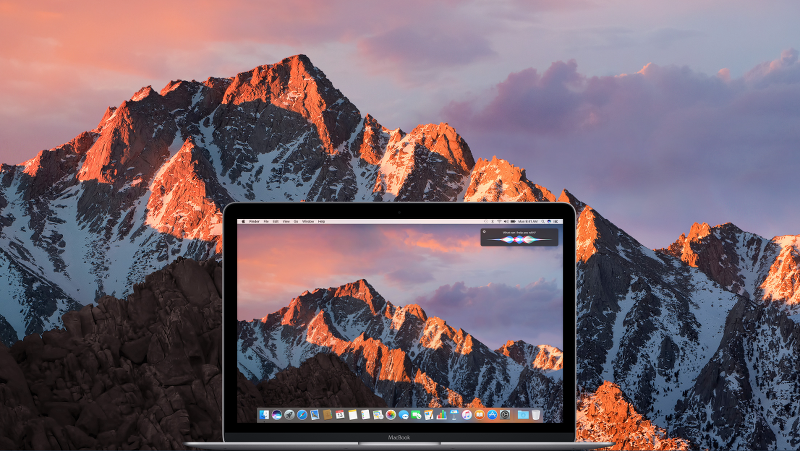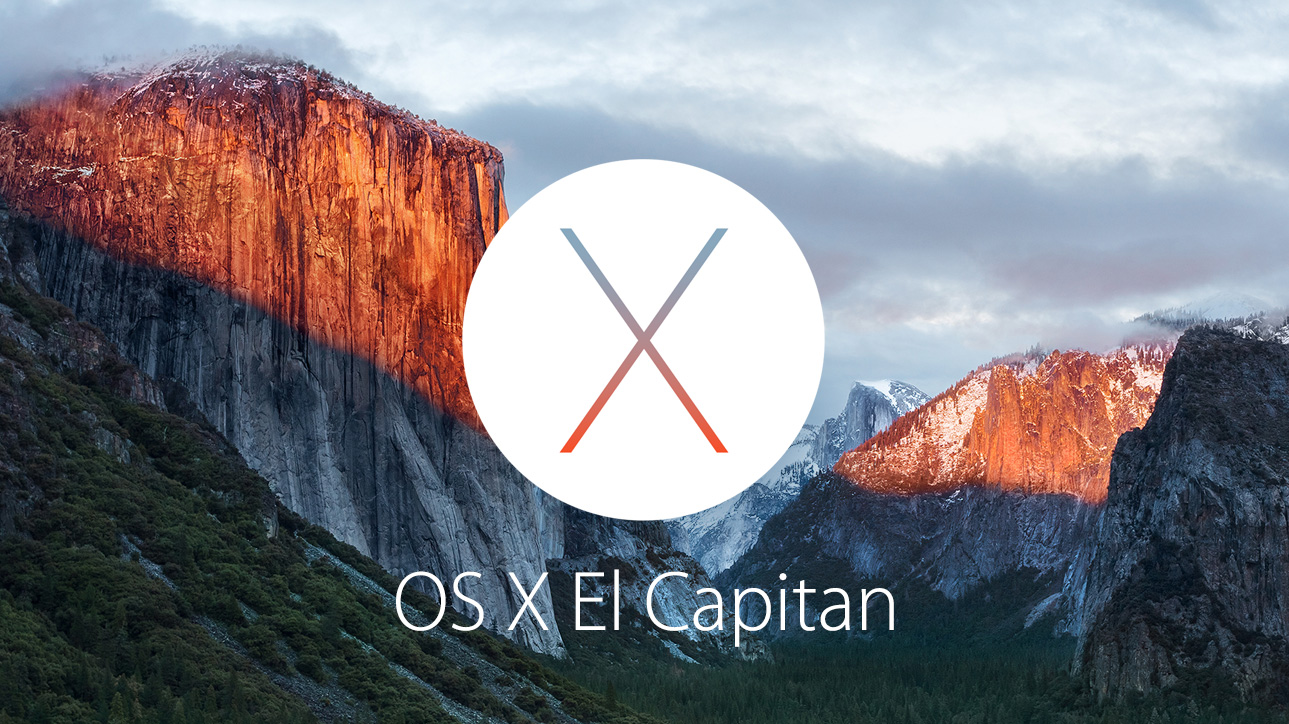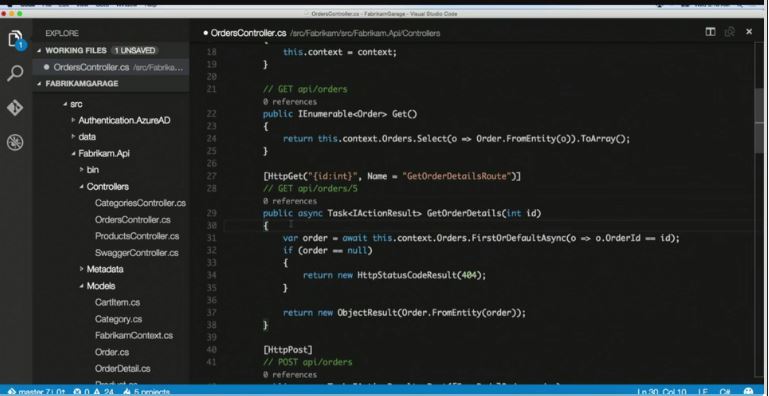Mac OS X & Linux users warned over Bash Bug risk
New vulnerability, billed as "bigger than Heartbleed", has been uncovered by security researchers

Mac OS X and Linux users could find themselves in the firing line of cybercriminals looking to exploit the Bash Bug vulnerability, which has already been billed as "bigger than Heartbleed."
News of the Bash Bug, or Shellshock as it is also known, broke overnight, with the US CERT sending out an alert warning users of a flaw in the Bash command-line shell used to power Linux and Unix-based operating systems, which includes Mac OS X.
This, it is feared, could be seized upon by cyber attackers to remotely execute arbitrary code on an affected system, or put more simply allow them to take control of a person's machine.
But it's not just Linux and Unix-based computers that are at risk, but also a sizeable portion of the world's Apache-based websites that rely on Bash to run background applications.
Professor Alan Woodward from the University of Surrey said, for this reason, the potential fallout from the flaw has the potential to be even bigger than the Heartbleed bug.
The latter is an OpenSSL vulnerability, news of which broke back in April, which could allow hackers to eavesdrop on web users' internet activities and in turn - steal usernames, passwords and emails without being detected.
"What many people do not realise that over 50 per cent of the active web sites run on a web server called Apache, which runs on Unix, and hence is potentially vulnerable," he said.
Sign up today and you will receive a free copy of our Future Focus 2025 report - the leading guidance on AI, cybersecurity and other IT challenges as per 700+ senior executives
"As we have just passed the point where there are one billion active websites that means that something in excess of 500 million sites could be vulnerable to this security flaw, compared to only 500,000 for the Heartbleed bug."
Mark James, a security expert at anti-virus firm ESET, said IT pros can easily check to see if their systems are affected by the bug by carrying out a command line test before rolling out patches.
"Check for any update then check again, run the script and ensure you get the warnings," he advised.
"You should update Bash to the latest version manually. Also please keep an eye on network traffic, take this opportunity to tighten control on any non-essential services and turn them off," he added.
-
 I couldn’t escape the iPhone 17 Pro this year – and it’s about time we redefined business phones
I couldn’t escape the iPhone 17 Pro this year – and it’s about time we redefined business phonesOpinion ITPro is back on smartphone reviews, as they grow more and more intertwined with our work-life balance
-
 When everything connects, everything’s at risk
When everything connects, everything’s at riskIndustry Insights Growing IoT complexity demands dynamic, automated security for visibility, compliance, and resilience
-
 macOS Sierra UK release date, price, features: Night Shift mode returns with macOS Sierra 10.12.4 beta 8
macOS Sierra UK release date, price, features: Night Shift mode returns with macOS Sierra 10.12.4 beta 8Rumours The tech will reduce blue light from your screen at night time
-
 OS X 10.11 El Capitan release date and features: Is it worth upgrading?
OS X 10.11 El Capitan release date and features: Is it worth upgrading?News OS X 10.11.6 update released for developer and public beta testing
-

 Apple MacBook Retina 12in review - 'a superb choice, but challenging to fit into how you work'
Apple MacBook Retina 12in review - 'a superb choice, but challenging to fit into how you work'Reviews Apple upgrades specs and adds rose gold model for 2016 MacBook Retina 12in
-
 Critical vulnerability discovered in OS X
Critical vulnerability discovered in OS XNews Built-in security measures no match for Zero Day flaw, claims security firm
-

 Apple 13-inch MacBook Pro With Retina Display (Early-2015) review
Apple 13-inch MacBook Pro With Retina Display (Early-2015) reviewReviews A Broadwell upgrade provides impressive battery life for Apple’s business laptop.
-
 Visual Studio Code: Everything you need to know
Visual Studio Code: Everything you need to knowIn-depth Free, cross-platform code editor unveiled at Microsoft's Build conference
-
 Why a vulnerable Mac is not necessarily an insecure one
Why a vulnerable Mac is not necessarily an insecure oneAnalysis Just because an attack on OS X is possible, doesn't mean it will happen
-
 WWDC 2015 live: OS X El Capitan, iOS 9, watchOS 2 and more
WWDC 2015 live: OS X El Capitan, iOS 9, watchOS 2 and moreNews A UK Apple Pay launch date, OS X 10.11 El Capitan, iOS 9 and watchOS 2 all confirmed